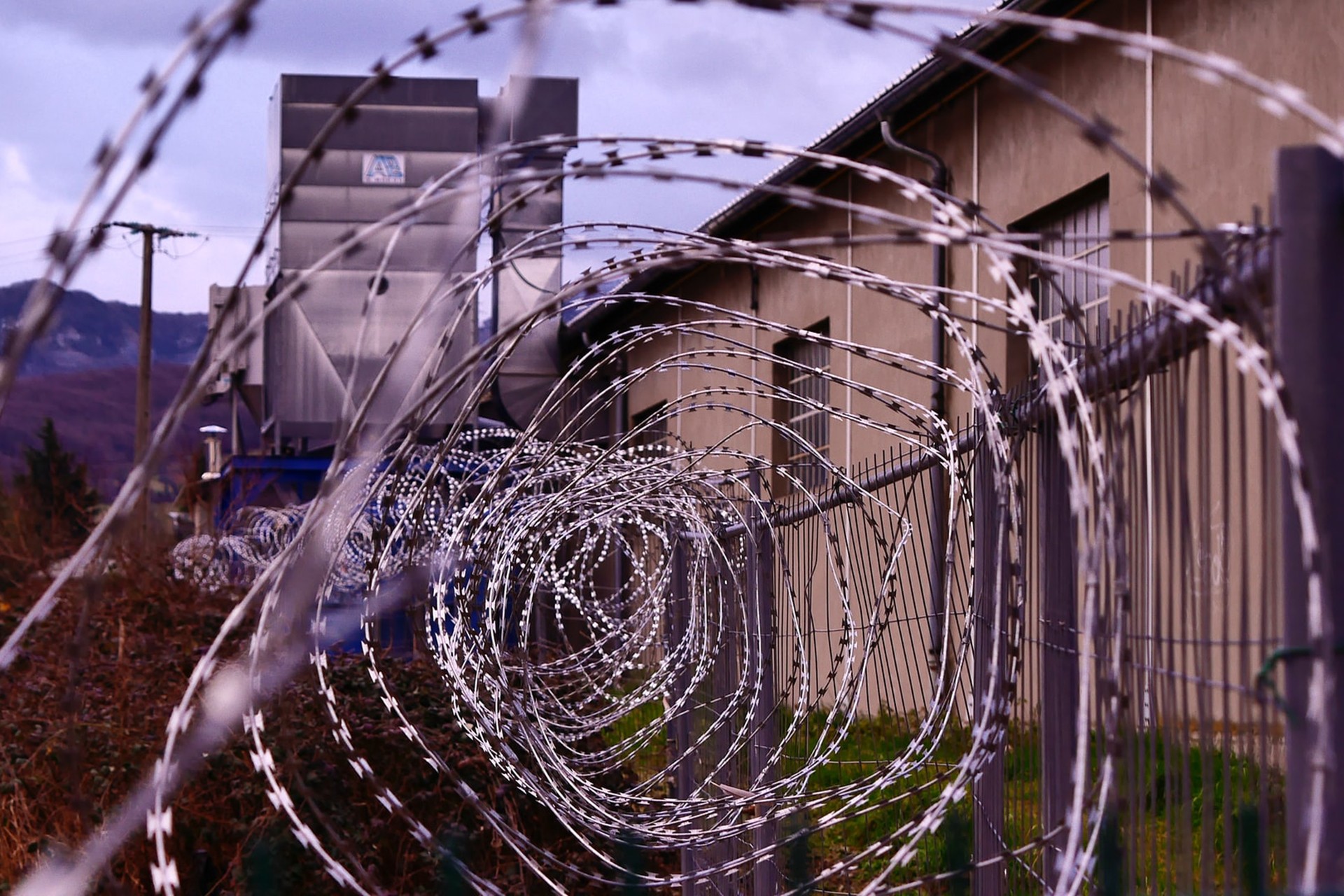Access to Health in Prisons Report | There are 127 people per 100 places in prisons
According to the "Report on Access to Health in Prisons" prepared by CHP Deputy Chairman for Human Rights Karaca, there are 127 people per 100 places in prisons in Turkey.

(Temsili görsel) | Fotoğraf: Hédi Benyounes/Unsplash
CHP (Republican People’s party) Vice President for Human Rights and Denizli MP Gülizar Biçer Karaca noted suicides in prisons and health access barriers in her "Access to Health in Prisons" report. Based on data from the Ministry of Justice and the Civil Society in the Penal System Association (CISST), the report also included statistics on the problem of capacity in prisons. According to the report, turkey ranks first in prison density among the Member States of the Council of Europe, with 127 people per 100 places in prisons.
Some of the highlights of the report are as follows:
"Controlling the occupancy rates in prisons is one of the preventive measures. Published on 08.04.2021; According to the "Annual Penal Statistics on Prison Populations for 2020" report of SPACE 1 project conducted by the University of Lausanne for the Council of Europe; Turkey's prison capacity is 233,194 people.
There are 297,019 people in prison where 127 people for every 100 places. Turkey ranks first in prison density among the member states of the Council of Europe. From 2010 to 2020, the proportional change of people in prison was 115%. Russia ranked 1st with 519,618 people and Turkey ranked 2nd in the number of people in prison. Compared to the population, 357 people per 100,000 are in prison, the highest rate among council countries.
According to the "Correctional Institution Statistics, 2020" data published by the Turkish Statistical Institute (TURKSTAT) on 02.11.2021 as an up-to-date data;
On December 31st, the number of people in prisons in Turkey was 172 in 2011, compared to 351 in 2019 and 319 in 2020. Of every 100,000 people 12 and older, 390 are in prison.
NO ACCESS TO THE HYGIENE, NUTRITION IS NOT ENOUGH
Although the detention of prisoners and prisoners in an adequately hygienic environment is guaranteed by national and international rules, the necessary hygiene materials of the prison administrations do not provide the necessary hygiene materials to the prisoners and prisoners, and hygiene needs are interrupted in prisons. During the epidemic period, personal hygiene became unattainable for people in prisons. The right to nutrition, which is one of the basic rights other than crowding and hygiene, is a problem. The quality, variety and nutritional value of the nutrients offered to prisoners and prisoners can invite diseases when it comes to immunity.
THERE ARE 605 SICK PRISONERS
Endocrine disorders, neurological system disorders, muscle-joint problems, urogenital system disorders and respiratory system disorders are among the most common health problems encountered in prisons. According to the human rights association's statement dated 01.04.2021, 1605 of the prisoners and prisoners in Turkey are struggling with various health problems, including 604 severe.
SUICIDE CASES
In addition to physical diseases, psychological disorders do not see the necessary importance. Treatment of psychological disorders depends on the permission of the prison administration and is often not accepted. Besides, people with psychological illnesses may not know they need treatment.
According to the Ministry of Justice, a total of 544 prisoners and prisoners committed suicide in Turkish prisons between 1997 and 2014. According to CISST data, the number of people who committed suicide since 2014 has been recorded as 97. Between 1997 and 2014, 2,545 inmates and
inmates died in prisons, according to Justice Ministry data, which includes deaths from old age. According to CISST data, the number of people who have died in prisons since 2014 is 125. Accordingly, the number of prisoners and prisoners who have died in prisons in the last 25 years is 2,670.
THE RESOLUTION OF VIOLATIONS MAY BE THE FIRST STEP IN SOLVING THE PROBLEM
It is understood that the Ministry of Justice does not keep statistics on health conditions in prisons, does not carry out effective studies on how many patients there are and how many have access to treatment. Just as NGOs are difficult to operate in prisons, rights violations in prisons are also difficult to detect. Preparing the current data and making it public will be the first step in solving the problems. In addition, it is imperative that prisoners and prisoners have access to health care. It is unacceptable that administrators who have not received medical training are making decisions about prisoners and prisoners who want to receive treatment." (EVRENSEL DAILY)







Evrensel'i Takip Et